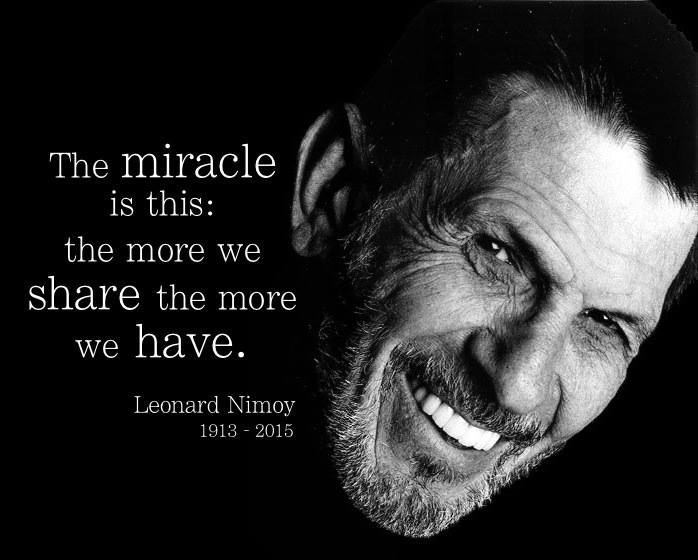In the credit card processing world, the term Interchange is quite common, it is also very often misunderstood.
A simple way to understand Interchange is to think of it as the wholesale rate the card brands (Visa, MasterCard, Discover and American Express) charge all of the processing companies. All processors, no matter how big or small, have the same interchange cost.
The interchange rate is made up of two components; the discount rate which is a percentage of the transaction amount, and a per transaction fee. The discount rate varies widely from .05% up to over 3%; the transaction fee component ranges from $0.05 to $0.22.
There are over 300 different card types and each one has its own interchange rate.
Ethix Pricing – Interchange Plus
Interchange plus pricing is the most aggressive pricing model for merchants, it is also the most transparent as you know exactly what the interchange rate is for each card type and exactly how much your credit card processor is making on your transactions.
Interchange plus pricing means the merchant pays the interchange rate (the exact wholesale rate is passed through) plus a fee to their credit card processor. That fee is usually measured in basis points. Each basis point is 1/100th of a percent.
For example, at Ethix we charge 25 basis points for a fee of 0.25%. If you ran a card-present transaction of $50 with an exempt Visa check card, the interchange fee would be 0.30% + $0.15. That gives you an interchange rate of $0.15 + $0.15 for a grand total of $0.30 for the transaction.
Interchange pricing is a bit complex, but it is important to understand what you are paying to minimize the cost of your payments system.

 Ethix donates 25% of our Gross revenue to the nonprofit or charity of your choice. The term gross revenue has caused some confusion so we put this article together to clarify.
Ethix donates 25% of our Gross revenue to the nonprofit or charity of your choice. The term gross revenue has caused some confusion so we put this article together to clarify.  Ethix has recently entered into a fundraising partnership with the
Ethix has recently entered into a fundraising partnership with the  Most
Most  By now most people have seen or at least heard about the new credit and debit cards with chips in them – Smart Cards. These cards, while new here in the US, have been in Europe for more than a decade.
By now most people have seen or at least heard about the new credit and debit cards with chips in them – Smart Cards. These cards, while new here in the US, have been in Europe for more than a decade. 
 We’ve received quite a few questions recently regarding how Ethix is different than processors like PayPal (who also owns Braintree) and Stripe, so we thought it would be a timely topic for a blog post. The biggest difference comes down to what merchants are really most concerned about: cost.
We’ve received quite a few questions recently regarding how Ethix is different than processors like PayPal (who also owns Braintree) and Stripe, so we thought it would be a timely topic for a blog post. The biggest difference comes down to what merchants are really most concerned about: cost. We are often asked by our new and prospective merchant partners if they can chose any non-profit to receive the Ethix 25% donation – the simple answer is Yes!
We are often asked by our new and prospective merchant partners if they can chose any non-profit to receive the Ethix 25% donation – the simple answer is Yes! Visa and MasterCard issue over 400 different card types in the US, each one of these card types has a wholesale cost all the processing companies pay, this wholesale cost is called Interchange and it’s the same price regardless of how big or how small the processor may be.
Visa and MasterCard issue over 400 different card types in the US, each one of these card types has a wholesale cost all the processing companies pay, this wholesale cost is called Interchange and it’s the same price regardless of how big or how small the processor may be.